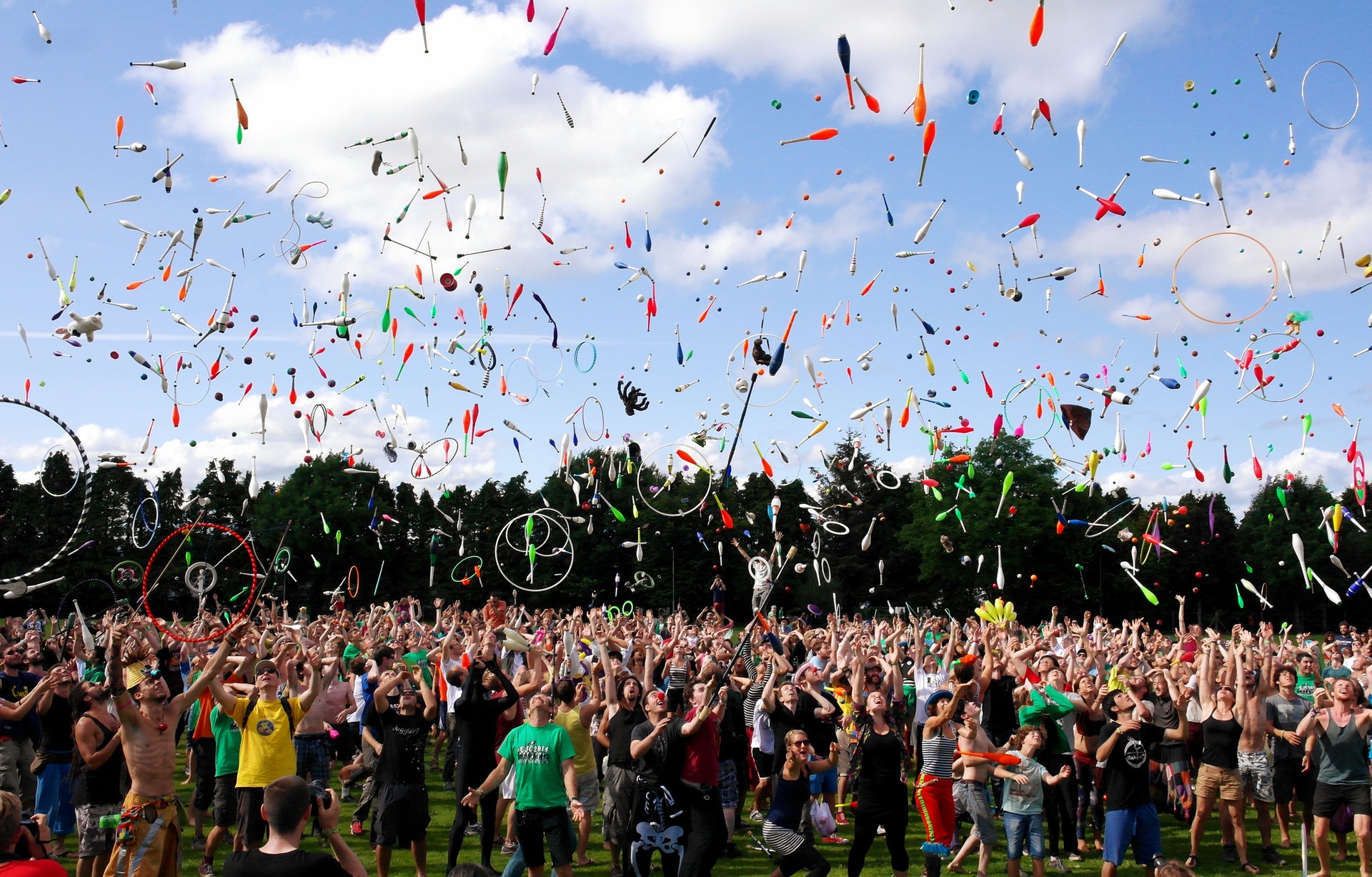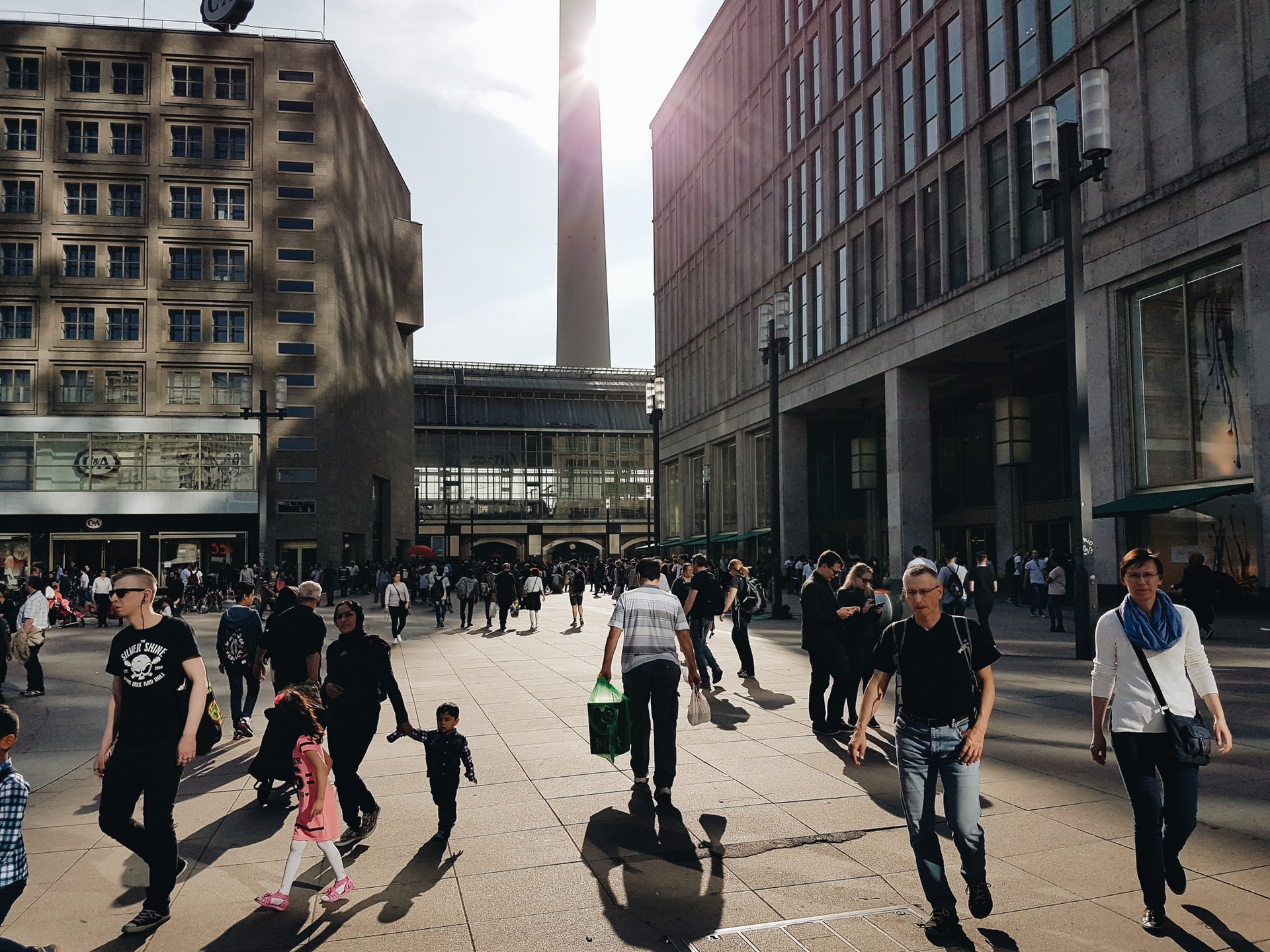
Social realities are upheld standards. Some of them are such a lot of a piece of us that we essentially don’t see them any longer. Some of them, then again, are truly irritating. All things considered, they are the standards that the general public anticipates. Individuals who break them are not seen emphatically, yet are shockingly important to keep the local area sound.
Components of Social Facts
The main component of a social truth is that it is an outer thing to the individual, however at last turns into a piece of the person’s lifestyle. Furthermore, if an individual starts to disregard social realities, social outcomes will follow.
A basic model is wearing pants. There is no natural or mental clarification for that, however everybody consequently does it. Going out without pants will bring awful looks, being kept away from, legitimate issues, and in any event, losing one’s employment. Subsequently, social realities are upheld on each individual from the general public.
Implemented Norms
Social realities are implemented as they are standards. Durkheim accepted standards are “invested with coercive force”. However long the social realities are complied, an individual is viewed as typical in a general public. When they are broken, the individual is considered obsessive and merits the results.
An individual without pants is censured in upright terms. Indeed, even those with loose jeans that show the clothing are disliked as they are a terrible impact and against the standard. Simultaneously, pants couldn’t be characterized in a general public, and the people can live cheerful, balanced lives at the individual and social levels.
There may be unique and in any event, repudiating social realities in various social orders, yet every one of the people in those social orders can live similarly acceptably since the standards are only friendly, not organic. Are there widespread social realities?
Wrongdoing, a Universal Social Fact
Wrongdoing is all over. Despite the fact that wrongdoing is characterized as breaking some friendly realities, it is entirely expected to have lawbreakers in a general public. Absence of wrongdoing is neurotic and prompts an undesirable society. Wrongdoing, shockingly, is fundamental for a general public’s wellbeing.
A country with no wrongdoing is a fantasy that would be wise to not materialize. Durkheim clarifies that wrongdoing is an action that is controlled by the general public to be inadmissible conduct. Crooks are the ones in particular who can make people think about the disguised social realities.
A general public with no wrongdoing is unified with an amazing level of similarity. Be that as it may, the general public’s hunger for consistency won’t ever extinguish. It will proceed until even the littlest individual contrasts vanish. That prompts anomie.
Anomie
In the event that people in a general public disguise an excess of profoundly prohibitive social realities, the outcome will be an interior battle inside themselves. The norms one should keep up to increment such a lot of that the pressing factor turns out to be an excessive amount to handle.
In Durkheim’s examination on the increment of self destruction, he understood that protestants had less of the familial and institutional constructions than Catholics. Along these lines, they felt lost, deserted, and in struggle constantly. The response to such sentiments was self destruction. As unusual as it might appear, lawbreakers might have brought down that rate.
Social Boundaries
At the point when the social realities start constraining people for similarity, crooks are the ones who can push against the limits and decrease the pressing factor. They can carry changes to social realities.
Durkheim did nor value killers and liked their persistent effort for social purposes. Obviously, some friendly realities should be regarded and upheld to keep a general public sound. Notwithstanding, that doesn’t have any significant bearing to all standards.
Social realities that nonsensically limit people ought to be battled against. Any battling against standards is viewed as a wrongdoing, so wrongdoing is a typical piece of human social orders.
Criminal Heroes
Scalawags are normally not the most loved characters of motion pictures and books. However, numerous legends break some accepted practices. For instance, The Stepford Wives is the 1975 work of art, showing how the impacts of the World War limit ladies. There are ideal spouses in the story that do everything as they ought to. In any case, they are robots, not people.
At the point when we see Jack Sparrow, Tony Soprano, Fast Eddie Felson, or Butch Cassidy, we don’t see a danger to our social prosperity. Maybe, we see someone with the opportunity we don’t have. We see somebody who will disregard the social realities we may discover excessively prohibitive.
Consequently, a solid society needs all components of being typical, including wrongdoing.

